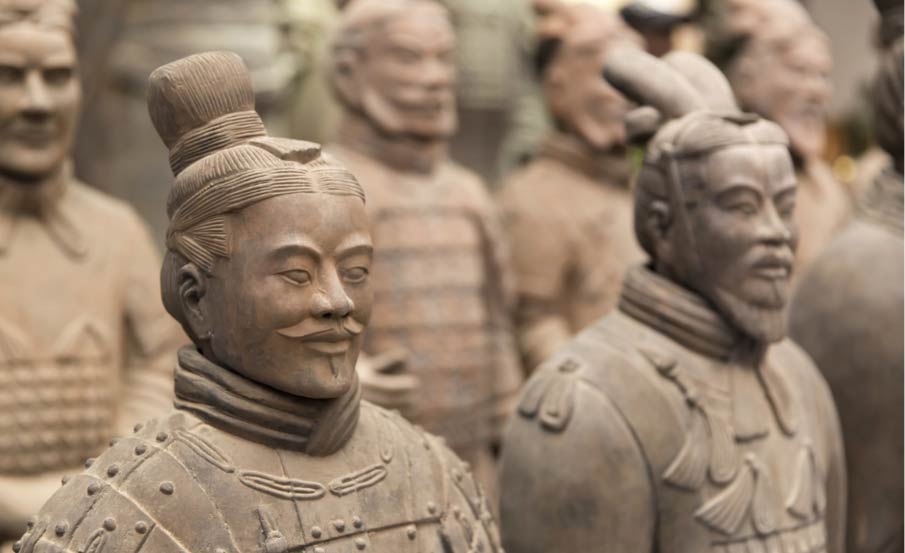Kuora: Chinese prejudice and prejudgment of foreigners, explained

This week’s column comes from one of Kaiser’s answers originally posted to Quora on January 2, 2015.
Are Chinese people xenophobic?
The sad fact is that for nearly the entire history of this species — indeed of a great many animal species — xenophobia has been the rule, with only very few and mostly recent exceptions. Only in the last century, to be generous, has this started to change, and we’ve started to see humanity show a little more, well, humanity when it comes to prejudices and in-group preference.
If you look at cultures that have survived into this century with their neolithic features mostly intact — tribes in the highlands of New Guinea, for instance — xenophobia persists as a very conspicuous trait. (This is detailed nicely in the Jared Diamond book The World Before Yesterday.) That xenophobia is now regarded across the developed and now much of the developing world as a distinctly negative and distasteful feature in an individual or a culture is a triumph, but we should understand how recent it is, and that it developed only in societies where there was sustained exposure to other groups, and where there was generally mutual benefit to be derived from dropping the prejudice and extending the benefit of doubt and even trust to outsiders. This happened mainly in trading communities, to some extent in large multiethnic empires, and in countries of immigration; and it has been aided significantly by the spread of mass, and especially televisual, media.
China, one must remember, was from the end of the cosmopolitan Tang Dynasty (AD 618 to 907) until only a generation ago almost completely closed to outsiders. Prior to 1979, the only times where “foreigners” were a fairly common sight was during periods of foreign invasion or conquest: The Khitan and Jürchen, the Mongols, the Manchus, the Japanese. And even since 1979, foreigners in China were really only common in the flesh in the larger cities.
Xenophobia certainly persists, and is present roughly in inverse proportion to the familiarity a given Chinese person has with a given outsider and the racial or cultural group he or she belongs to. But I would say precisely the same thing about just about any human. It’s just that in China, the level of exposure to (and thus familiarity with) outsider groups is still relatively low. Popular media, emanating from the West and especially America with such potency, has very much reduced Chinese xenophobia toward Caucasians, and to a regrettably far lower extent, blacks. Southeast Asians, Latinos, South Asians, Latinos are still far less familiar to your notionally “average” Chinese person.
The factor that determines levels of xenophobia aren’t just the level of familiarity, of course: values and norms in a society, being given as a child repeated instruction not to fear or distrust the unfamiliar, could certainly reduce it. But let’s face it: That’s not the usual lesson that people teach their children.
I think the OP’s own answer to this question is right insofar as he sees strong evidence that Chinese, and the policies of the Chinese state, can often be quite unwelcoming to foreigners. But I think he’s incorrect in thinking that the change is in the direction of increasing xenophobia. As one who has lived in China for 18 years and first came to China 33 years ago, I can attest that xenophobia was much, much worse and is trending better now.
Kuora is a weekly column.






